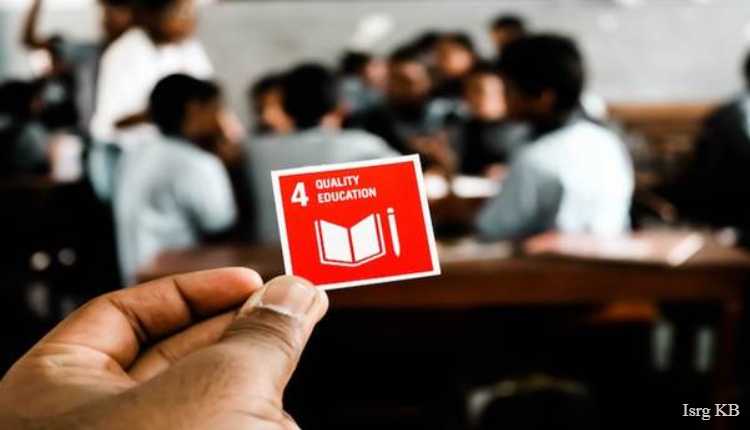India is a country where change requires a lot of challenges. As we all are adapted to the situations we have been provided. New and improved practices are often faced with criticisms and disapproval. But the time is changing as people are getting more and more aware. Today, everyone has access to media that enables them to see what’s good or bad for them, what’s legal or illegal, what’s true or false, what’s necessary or waste, and of course, where’s quality and no quality. But the new learners are still facing many challenges to have quality education in especially in India.
According to Goal 4 of the Sustainable Development Goals of UNDP, quality education ensures inclusive and equitable education and promote lifelong learning.
Here are the current challenges of Indian education in order to ensure quality education for its students:
1. Funds for education

The availability of funds for education in India is a great challenge. If the funds are available, though, they are not allocated properly. For example, The Indian Express, on October 27, 2018, revealed that the current government in power is spending on education less than 3 per cent of the GDP. Earlier in 2012-13, the expenditure was 3.1% of the GDP, in 2014-15, it fell to 2.8% and in 2015-16 drop to 2.4%. This data shows that the funds for education are constantly decreasing, which could hamper the progress and increases the challenges faced by the education sector.
2. Pupil-Teacher Ratio (PTR)
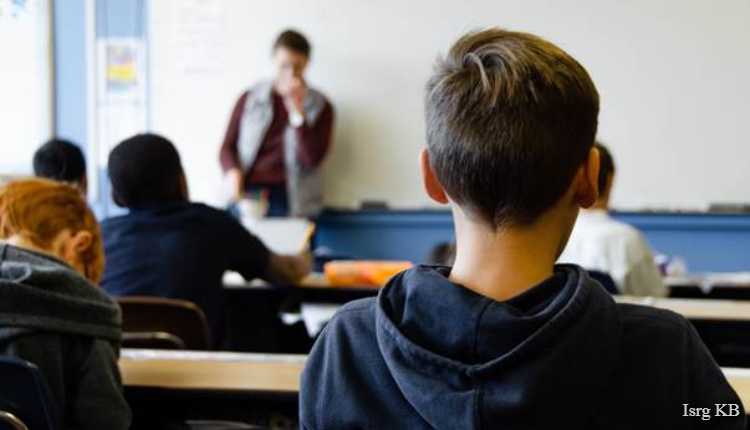
According to The Right of Children to Free and Compulsory Education (RTE) Act, 2009, the PTR at the primary level should be 30:1, and at the upper primary level, it should be 35:1. But unfortunately, only 5% of the schools fulfil all the 9 facilities mentioned in the act.
3. Trained and professional teachers

There is a lack of trained and professional teachers as required for the system, which substantially decreases the quality of education. A good teacher or teaching requires some essential characteristics.
There is another interesting approach given by Perrenoud (1999) to describe a good teacher by identifying the following ten competencies:
-
- Organising student learning opportunities
- Managing student learning progression
- Dealing with student heterogeneity
- Developing student commitment to working and learning
- Working in teams
- Participating in the school curriculum and organisation development
- Promoting parent and community commitment to school
- Using new technologies in daily practice
- Tackling professional duties and ethical dilemmas
- Managing one’s own professional development
Hence, teachers can improve the quality of education by improving themselves as teachers. Training of teachers is so important to make them responsible for their work. More trained teachers in the education system can make a huge difference. Proper training also ensures job satisfaction and hence, attract more people to pursue this knowledge-based profession.
4. Healthy and safe environment
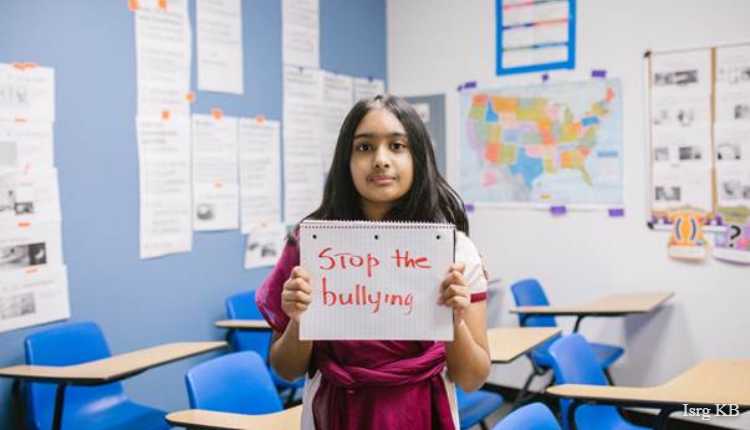
School and classroom environment and infrastructure are also very important to maintain quality in education. These include school facilities, utilities, proper supervision, sanitation, a child-friendly environment, etc. The environment should be healthy, safe, protective, gender-sensitive and provide adequate resources and facilities.
5. Curriculum development

Now, we should talk about the curriculum. It is important to design and redesign the curriculum according to the current situation to fulfil the future needs for life and work. This includes skills of communication, using various technologies, learning to work in teams, problem-solving, and a deep understanding of important concepts, principles and subjects. Prof. S.G.N Eze (2009), in his article “Features of Quality Education”, mentions that the content of the curriculum should include basic skills like literacy, numeracy and skills for life. It should also include knowledge in areas like gender, health, nutrition, prevention of diseases and peace. The learning material thus provided should be learner-friendly also.
6. Monitoring and evaluation
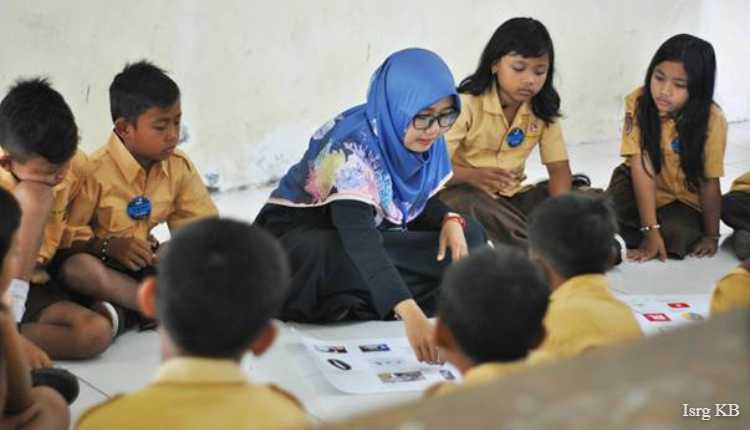
Monitoring and evaluation are necessary for the assessment of academic performances and monitoring the implementation of the academic plan made by the administrators or educators. Proper management and accountability in the system are also important to maintain a controlled environment in school situations. At times it has been seen that the teachers and other senior administrators lack managerial skills. There comes the training of teachers to increase professionalism.
7. Free basic education

According to the Universal Declaration of Human Rights, free basic education is a right for everyone. But the education that is provided to the poor or the vulnerable groups lacks quality in it. This generates gender inequality and inequity, which is one of the culprits for achieving quality in education. Inclusive education is a term and measure that is used to eliminate this discrimination. It also provides equal opportunities to disabled, poor and vulnerable children.
8. Use of Information and Communication Technologies

ICTs are effective in delivering information of any kind. The challenge is to channelise the required information in the desired manner. Another challenge is to have easy availability and access to learning resources for teachers. It is important for the teachers to upgrade their knowledge, be up-to-date, and plan their teaching with respect to what and how much is needed to teach.
ALSO READ | Top 10 new technologies we can expect in the next 100 years
9. Motivation
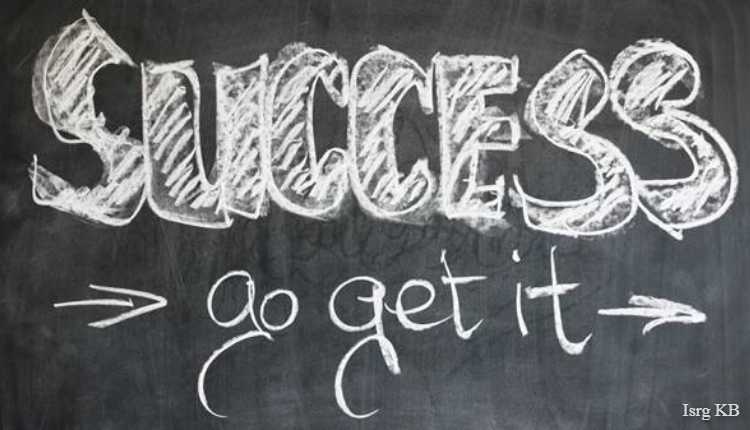
There is also a lack of motivation in students and teachers. Students have low motivation because their teachers have low esteem. This could be due to low pay or lack of training. But who faces the outcomes are the children. Education also needs to involves practical implications of theoretical knowledge. Thus, technical and vocational education must also be important to teach and focus on. With such education, cultural education must also be provided to know about the roots of what we belong to.

